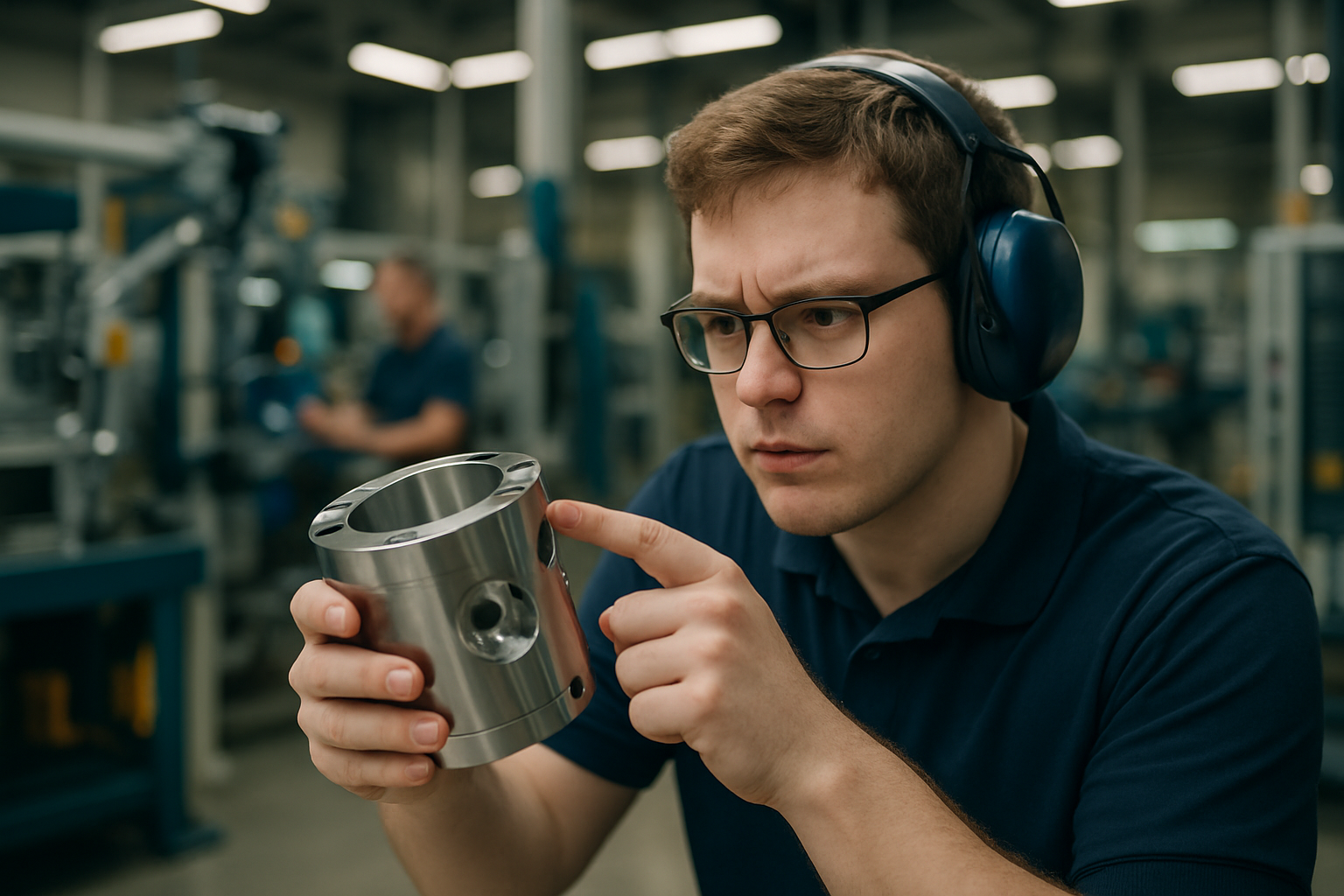Manufacturing Jobs in Portugal: Skills, Training, and Career Paths
Portugal’s manufacturing sector offers a range of roles across aerospace, automotive, electronics, and food production, and this article explains common job types, useful training paths, and language considerations. This is an informational overview of typical manufacturing roles and how to prepare for them; it does not list or guarantee specific job openings or immediate hiring opportunities.

Manufacturing: What roles and job types are common?
Manufacturing workplaces typically include production operators, machine technicians, quality control inspectors, process engineers, and maintenance staff. Production operator roles focus on running assembly lines or processing equipment, while technicians and engineers handle setup, troubleshooting, and optimization. Quality control ensures products meet specifications and regulatory standards. Many roles vary by industry—food processing emphasizes food safety, while electronics stresses precision and clean-room practices. Job responsibilities and seniority levels also range from entry-level operator positions to supervisory and specialized technical posts.
Portugal: How does the local sector look?
Portugal has clusters of manufacturing activity in the north and central regions, with strengths in automotive components, textiles, footwear, cork, and niche high-tech industries. Foreign investment has supported export-oriented factories, and some regions host supplier networks for larger European manufacturers. Employment opportunities depend on regional industrial composition, language expectations, and the global demand for goods. Local labor market conditions, collective bargaining agreements, and national labor laws shape working hours, contracts, and benefits. This section provides context rather than specific hiring leads.
Career: How to build a long-term path in manufacturing?
A sustainable career in manufacturing often starts with gaining hands-on experience, then building technical skills and certifications. Early roles can expose you to production processes, safety protocols, and workplace practices. From there, branching into maintenance, process engineering, quality assurance, or supervisory positions is common. Soft skills such as teamwork, problem solving, and communication are valuable for advancement. Consider cross-training across departments to increase mobility. Long-term career planning should include realistic timelines for skill acquisition, recognition that career progression varies by company, and awareness of sectoral trends like automation.
Training: What qualifications and programs help?
Vocational training, apprenticeships, and technical diplomas are typical entry points for many manufacturing jobs. Programs that cover mechatronics, industrial maintenance, CNC machining, PLC programming, and quality systems (e.g., ISO basics) are especially relevant. Many employers value practical experience combined with certificates from recognized institutes or technical schools. Short, targeted courses in welding, electrical work, or industrial automation can speed employability for specific roles. When selecting training, verify accreditation, practical training hours, and connections to local employers. On-the-job training remains a common pathway to build competence in real production environments.
English: Is English required and how to improve it?
English requirements depend on the employer and the role. Multinational factories, engineering teams, and firms involved in exports may use English for technical documentation, supplier communication, or cross-border teams. For many entry-level production jobs, local language proficiency often matters more for day-to-day communication. Improving English through structured classes, online courses, and technical-English modules focused on manufacturing terminology can help, especially for engineering, management, or roles interacting with international clients. Practical exposure—reading manuals, participating in bilingual teams, and using industry-specific vocabulary—accelerates learning.
Conclusion
Manufacturing jobs in Portugal encompass a wide range of skill levels and specializations, with regional industry clusters and varying language expectations. Preparing for roles typically involves combining practical experience with targeted training, understanding workplace standards, and developing both technical and interpersonal skills. This overview is intended as general guidance on typical roles and career preparation and should not be interpreted as a list of available positions or guaranteed employment opportunities.






